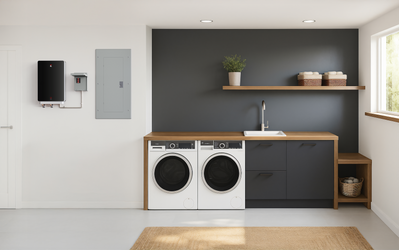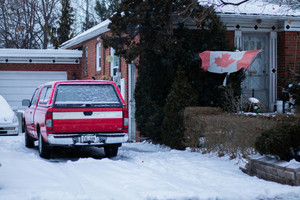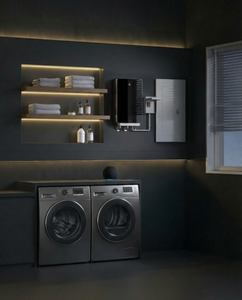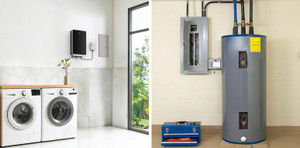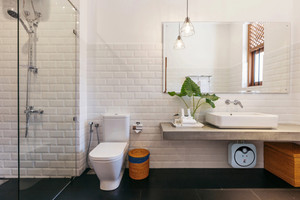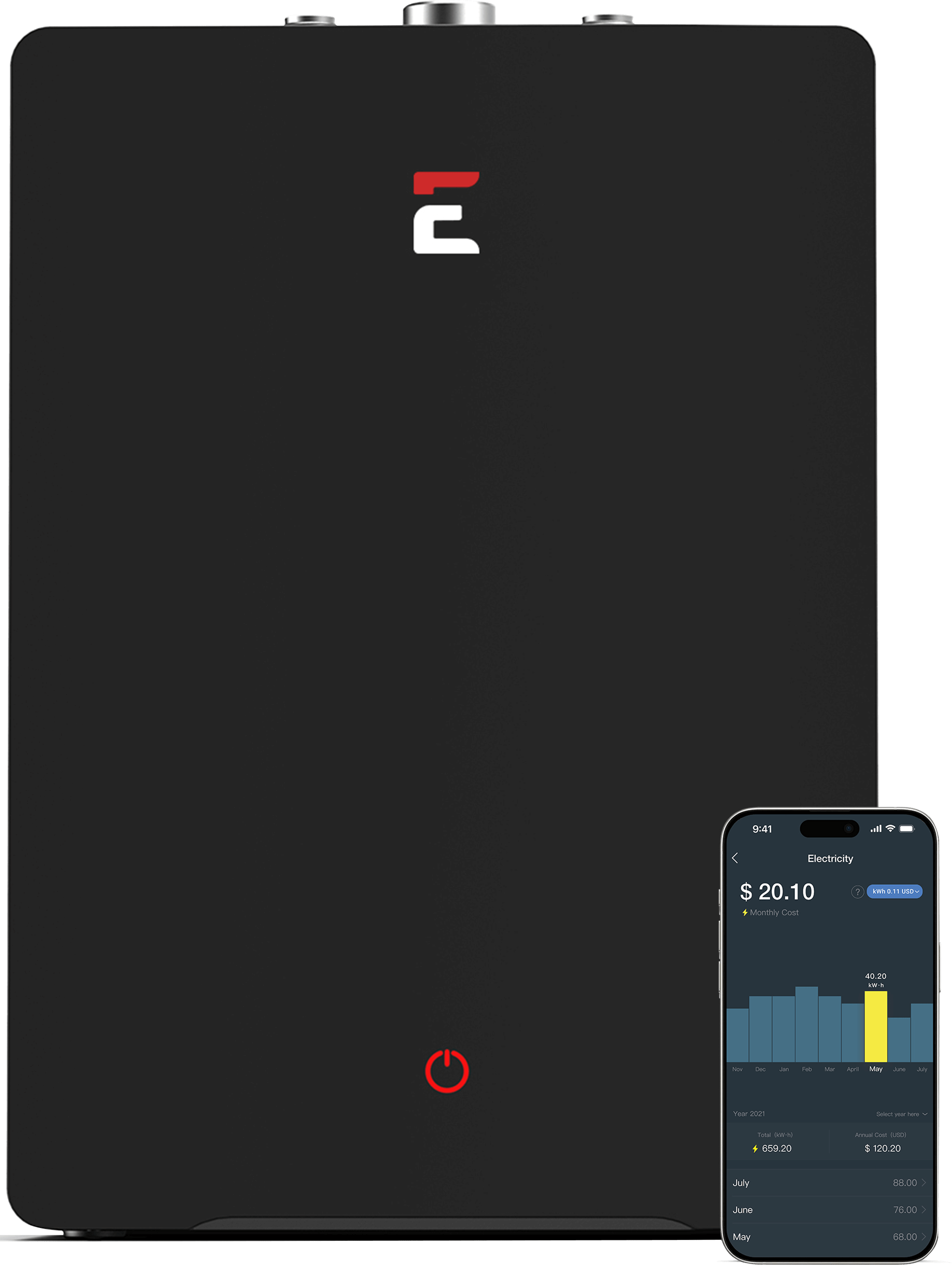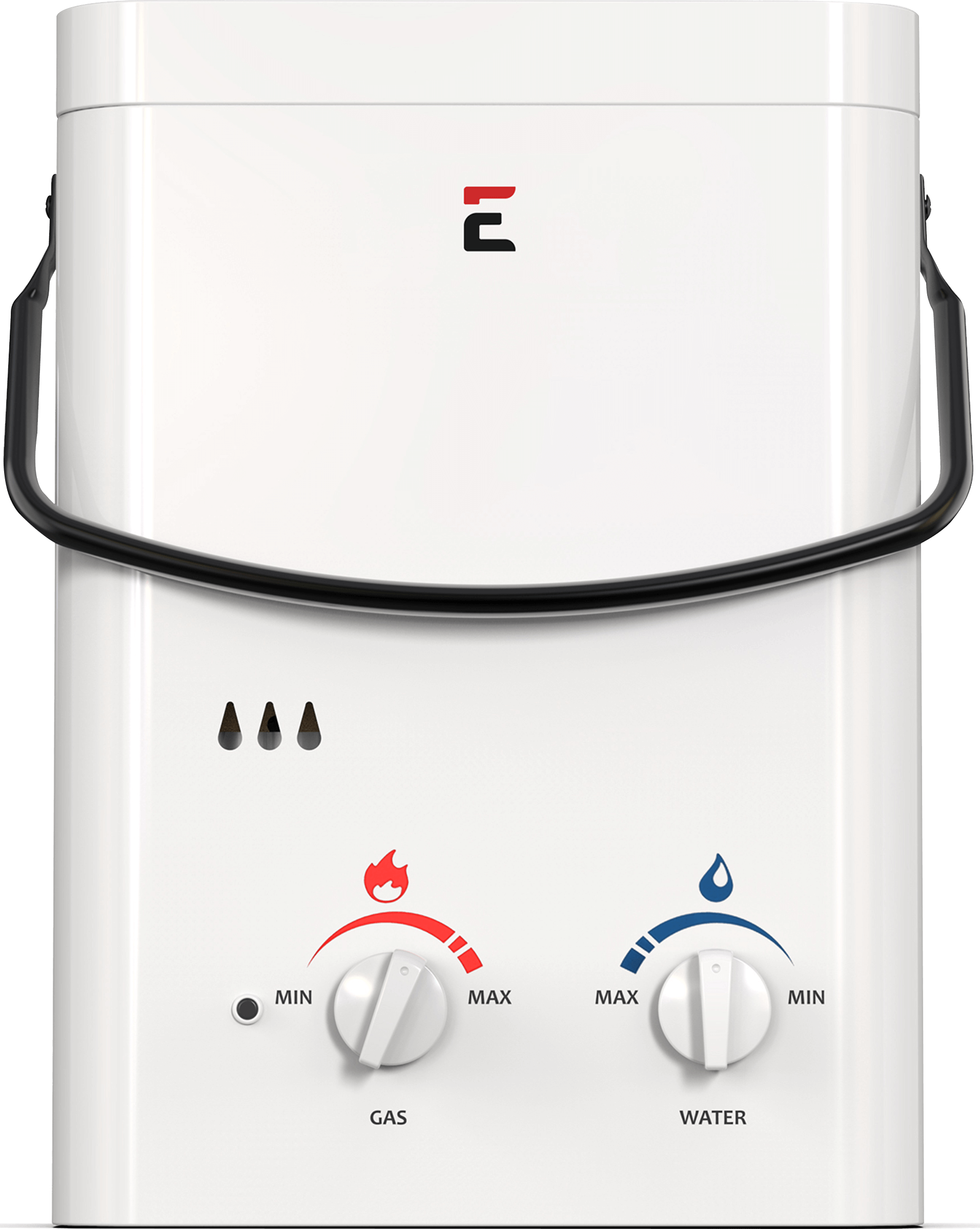Electric vs. Gas Tankless Water Heaters: Which Is Best for Your Canadian Home?
Across Canada, homeowners are increasingly turning to tankless water heating systems for their ability to deliver endless hot water efficiently. When it comes to choosing the right type, the debate often comes down to two main options: electric or gas. Both offer dependable, energy-efficient performance, but their benefits and ideal uses can vary depending on your household size, energy source, and climate. Understanding how each one works, along with their advantages in the Canadian setting, can help you make an informed decision for your home.
Understanding Tankless Water Heating Technology
Tankless water heaters work by heating water on demand rather than storing it for later use. This process ensures hot water is available whenever needed without the energy loss that typically occurs from keeping large amounts of water constantly heated. Instead, water flows through either an electric heating element or a gas burner, depending on the system type, which instantly raises the temperature to the desired level before it reaches your tap or shower.
For Canadians, where winters can be long and cold, the efficiency and responsiveness of a tankless system are especially important. Whether electric or gas-powered, these heaters are designed to maintain steady performance even in freezing temperatures, ensuring comfort all year round.
The Power of Electric Tankless Water Heaters
Electric tankless water heaters rely on internal heating elements that warm water as it passes through the system. These systems are known for their simplicity and clean operation since they do not rely on combustion or venting. They are often preferred in smaller homes, condos, and apartments, where space and installation flexibility matter most.
One of the main advantages of electric models is their efficiency. Since no energy is lost through venting or pilot lights, nearly all the electricity consumed is converted into heat. This results in impressive energy performance, especially in regions where electricity rates are reasonable or where renewable power sources are integrated into the home’s energy grid. For eco-conscious homeowners in provinces like British Columbia, Ontario, or Quebec, where hydroelectric power is common, an electric tankless water heater can align perfectly with a sustainable lifestyle.
Another benefit is the ease of installation. Without the need for gas lines or exhaust systems, electric models are more adaptable for indoor setups and can often be placed in tight spaces such as utility closets or under sinks. Their lightweight and compact designs make them ideal for smaller households that value efficiency and minimal maintenance.
Electric tankless systems are also quieter and produce zero on-site emissions. This makes them a good choice for urban dwellings or environmentally conscious households looking to minimize their carbon footprint. For those living in cottages or off-grid settings with reliable solar setups, electric models can also pair well with renewable energy systems for clean, self-sufficient water heating.
However, their performance can depend on the home’s electrical capacity and incoming water temperature. In extremely cold climates or large households with multiple simultaneous demands, homeowners may need higher-capacity models or multiple installations to ensure consistent flow rates during peak use.
The Strength of Gas Tankless Water Heaters
Gas-powered tankless water heaters, on the other hand, use propane or natural gas burners to heat water as it passes through. These systems are especially popular in Canada due to their ability to deliver higher flow rates, making them suitable for larger families or homes with multiple bathrooms. In colder regions, gas systems can handle the rapid heating needed when groundwater temperatures drop significantly.
One of the defining features of gas systems is their powerful heating capacity. They can provide steady hot water to several fixtures at once, which is ideal for households with high demand. Since propane and natural gas are commonly available across Canada, these systems are a reliable option for both urban and rural homes.
Gas tankless water heaters can also perform well in off-grid or remote areas, especially when paired with propane tanks. For cabins, cottages, or mobile homes, this makes them a practical choice where electrical infrastructure may be limited. Their ability to maintain steady performance even in sub-zero temperatures makes them particularly well-suited for Canada’s colder regions.
In terms of operating costs, natural gas and propane can often be more affordable than electricity in many provinces. This can result in lower long-term energy expenses, especially for households that use large volumes of hot water throughout the day. Gas-powered systems also have the advantage of heating water faster, ensuring minimal lag between opening the tap and feeling the warmth.
However, these systems require proper ventilation and periodic maintenance to ensure safe combustion and efficiency. Installation may involve a higher upfront cost due to venting requirements, but the long-term performance and savings often justify the investment.
Energy Efficiency in the Canadian Climate
Energy efficiency is one of the most important considerations for homeowners across Canada. Both electric and gas tankless water heaters are designed with efficiency in mind, but they achieve it in different ways. Electric systems typically convert almost all of its input energy into heat, achieving efficiency ratings of up to 99%. Gas models, while slightly lower in efficiency due to heat loss through venting, compensate by providing faster heating and greater capacity, which can be more efficient in high-demand households.
In colder provinces, where water entering the home can be near freezing, a gas-powered system’s rapid heating ability can make a noticeable difference in comfort and convenience. On the other hand, electric systems are ideal for milder climates or well-insulated homes where incoming water temperatures are not as extreme.
When choosing between the two, it’s also worth considering energy costs in your region. Electricity prices vary across provinces, as do gas rates. Homeowners who use solar energy or live in areas with inexpensive electricity may find electric models more economical. Meanwhile, those with access to affordable propane or natural gas might lean toward gas models for their cost efficiency and high output.
Installation and Maintenance Differences
Installation plays a key role in determining which type of tankless water heater best suits your Canadian home. Electric systems generally require less complex installation since they don’t involve venting or fuel lines. However, they may require an electrical upgrade if your home’s panel doesn’t meet the power requirements, especially for higher-capacity systems. Once installed, electric systems are typically low maintenance, requiring only occasional descaling and inspections.
Gas-powered systems, while more complex to install, offer flexibility in venting options and can be placed both indoors and outdoors depending on design. Outdoor models are particularly popular for cottages, RVs, or homes with limited indoor space, as they free up interior areas while maintaining reliable hot water access. Regular maintenance, including cleaning burners and checking venting systems, ensures optimal performance and longevity.
In either case, professional installation is essential for safety and efficiency. A licensed technician can assess your home’s setup, determine the correct model capacity, and ensure proper connections and ventilation if required.
Environmental Considerations
Sustainability has become an important part of modern homeownership in Canada. Both electric and gas tankless water heaters contribute to reducing energy waste, as they only heat water when needed. Electric systems are especially eco-friendly when powered by renewable sources such as wind, solar, or hydroelectric energy. In provinces like Quebec or Manitoba, where electricity generation is largely renewable, electric tankless water heaters offer near-zero carbon emissions during operation.
Gas-powered systems, while producing some emissions during combustion, are still considerably more energy-efficient than many conventional water heating options. Newer technologies such as smart controls using a smart app also help minimize emissions and optimize performance, making them a responsible choice for homes that rely on natural gas or propane.
The environmental impact of either system largely depends on the energy mix in your region. For homeowners striving for carbon neutrality, combining an electric model with renewable power generation can provide the best balance between performance and sustainability.
Choosing the Right Tankless Water Heater for Your Home
The best choice between electric and gas tankless water heaters ultimately depends on your household’s needs, location, and energy preferences. If your goal is simplicity, quiet operation, and an eco-friendly setup powered by clean electricity, an electric model may be ideal. If you prioritize power, higher flow rates, and long-term cost savings in areas with affordable gas, a gas-powered system may be the better fit.
For Canadian homeowners, it’s also important to consider how your water heating system will perform in winter. Gas models are particularly strong in colder regions due to their rapid heating capabilities, while electric systems can perform well in milder climates or energy-efficient homes with good insulation. The decision is not just about energy type—it’s about aligning technology with your home’s unique environment.
Whichever you choose, Eccotemp offers reliable, innovative tankless water heating solutions designed for Canada’s diverse climates and energy needs. From compact electric models ideal for condos to powerful gas systems built for family homes and cottages, Eccotemp ensures consistent, efficient hot water wherever you live.
Frequently Asked Questions (FAQ)
Are electric tankless water heaters efficient enough for Canadian winters?
Yes. Modern electric tankless water heaters are designed to maintain consistent performance even in colder conditions. However, in extremely cold regions, a higher-capacity system may be needed to ensure a steady hot water flow.
Which type of tankless water heater is cheaper to run in Canada?
It depends on local energy costs. In provinces where electricity is inexpensive or renewable, electric systems can be economical. In areas with low natural gas or propane prices, gas systems typically offer lower operating costs.
Can I install a gas tankless water heater outdoors?
Yes. Many gas-powered models, including those from Eccotemp, are built for outdoor installation, making them ideal for cottages, cabins, or smaller homes that want to save indoor space.
What maintenance is required for a tankless water heater?
Both electric and gas systems benefit from annual maintenance, including descaling and filter cleaning. Gas models also require burner inspections and venting checks to ensure safe operation.
Does Eccotemp offer models suitable for off-grid use?
Yes. Eccotemp provides both propane-powered and battery-assisted tankless water heaters that are ideal for off-grid living, camping, and remote cottages, ensuring reliable hot water anywhere in Canada.
 Weekly Deals
Weekly Deals
 Water Heaters
Water Heaters
 Accessories
Accessories
 Installation
Installation
 Parts
Parts
 Protection Plans
Protection Plans
